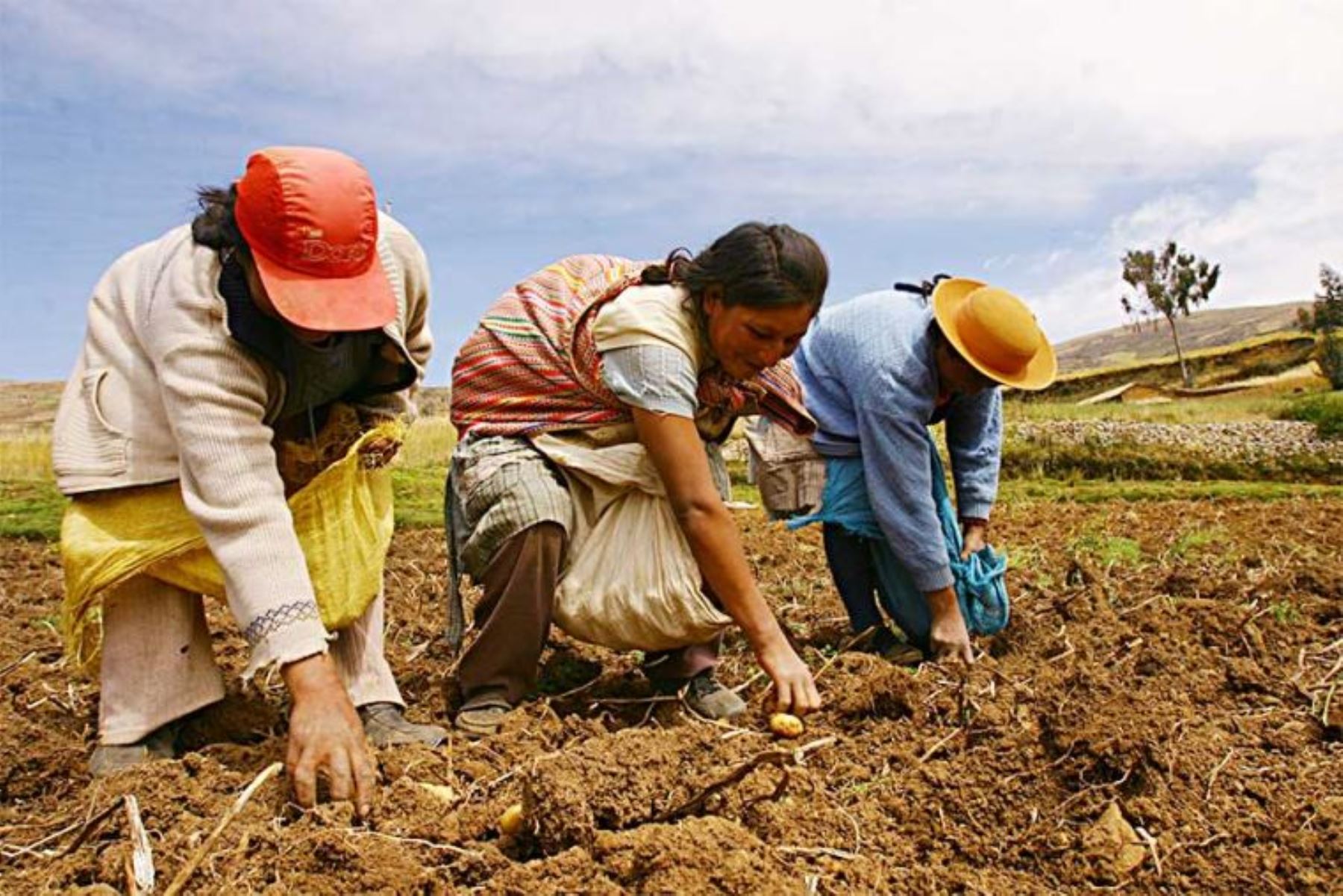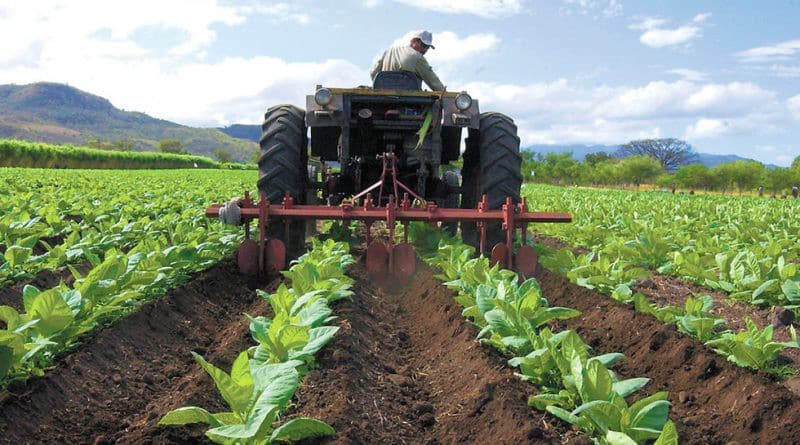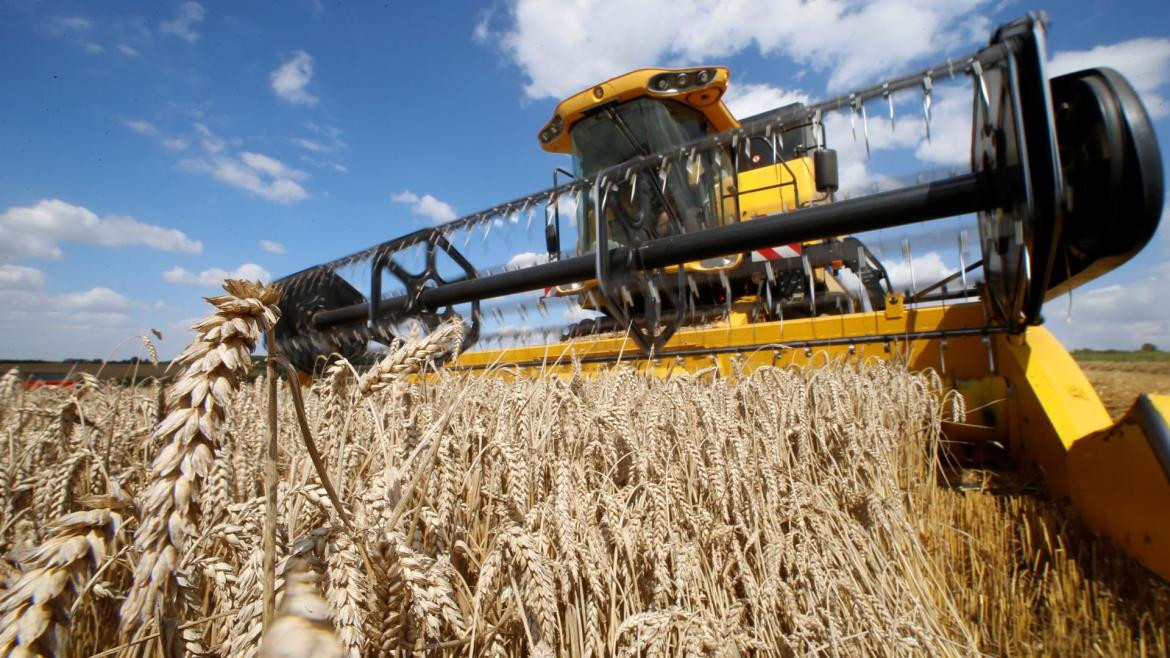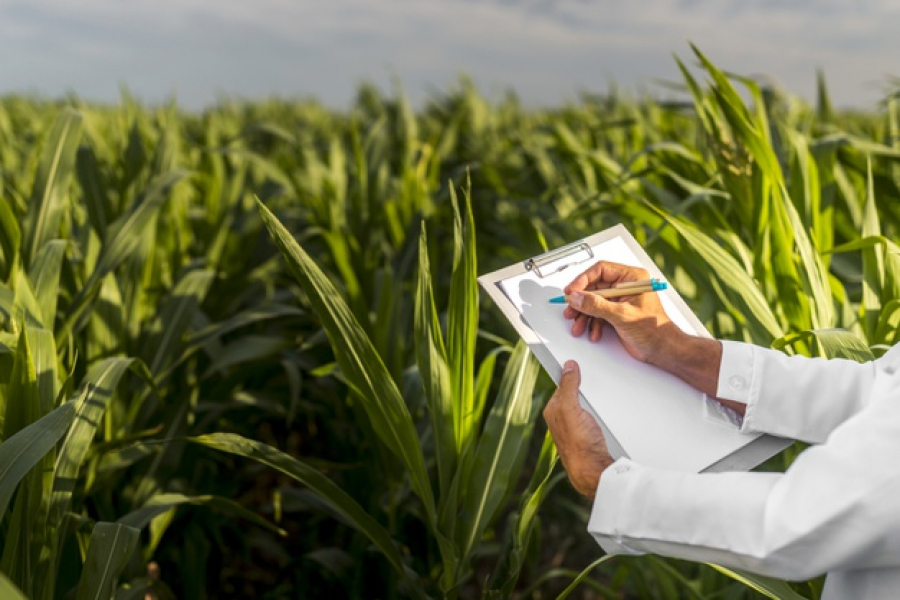The head of CAMPO, explains that in 2023 the El Niño phenomenon is expected to affect the country, meaning that there will be a period of severe drought as there was in 2018. Leaving as a result serious effects on agricultural production.
Only Guatemala concentrates the largest extension of the Dry Corridor, however, this extension is only 29.8% of its area. In El Salvador, on the other hand, almost all of its area is within the Dry Corridor, that is, 94.5%.
Only two municipalities in El Salvador are not within this dry corridor, such as Matapán and Concepción de Ataco.
In this regard, and considering the increasing severity of natural phenomena, the institution makes a special invitation to form a joint technical commission to develop a Strategy for the Adaptation of Agriculture to Climate Change.
The measures to be applied must be implemented quickly and efficiently, because if mechanisms are not found to encourage production and enable adaptation to the effects of climate change, there will be significant economic losses, for example: lower-income groups will be the most affected.
The guild seeks to promote, support and strengthen the unity and organization of small and medium-sized agricultural producers in the integral development of their social, productive and entrepreneurial dimensions.
It also seeks to promote productive development through the management of technological, technical and financial support for small and medium-sized agricultural producers, based on a production chain approach.

Creation of the National Agricultural Policy and the urgent and permanent activation of the National Agricultural Council.
The Government should create a special investment fund, which should be included in the General Budget of the Nation, for the development of productive projects to take advantage of the development potential existing in the various agricultural and rural subsectors in our country.
Improve and innovate the technical services provided by the Ministerio de Agricultura y Ganadería (MAG) in order to increase production and productivity and to improve the quality and competitiveness of our products.

Creation of a system to monitor and control the prices of agricultural inputs so that producers have the opportunity to purchase these products at affordable prices.
Promote and facilitate processes to strengthen the productive business associativity of small and medium producers so that they can integrate economies of scale and facilitate their articulation with national and regional markets.
Promote inter-institutional coordination between the MAG and other State portfolios to enable their effective integration in the execution of national productive development policies and strategies. In addition to increasing the MAG's budget with a corresponding allocation.
Promote access to clean production technologies that gradually reduce the use of chemical inputs that contaminate food products and the environment.
"We believe that we are at a propitious moment to build together the National Agricultural Policy adapted to climate change, with a participatory, strategic and comprehensive long-term vision that transcends government, and above all, generates employment and income, and improves the quality of life of rural families in our country", said Luis Treminio, President of CAMPO.

Food sovereignty is the right of peoples to define their own sustainable policies and strategies for food production, distribution and consumption based on small and medium national production.
It favors: economic, political and cultural sovereignty of the peoples and is necessarily articulated to territorial proposals that privilege life. And to achieve a healthy, iniquitous food with its own cultural and regional characteristics, since it aims to strengthen local production, in order to achieve a healthy, nutritious food that covers the entire population.
According to FAO, in a definition established at the World Food Summit (WFS) in Rome in 1996, food security occurs when all people have permanent physical, social and economic access to safe, nutritious food in sufficient quantity to meet their needs.
The pillars of nutritional food security are: Food availability, i.e. adequate food supply at the national, regional or local level. Sources of supply can be household or commercial production, food reserves, imports, and food assistance.
Translated by: A.M
 English
English  Español
Español 
